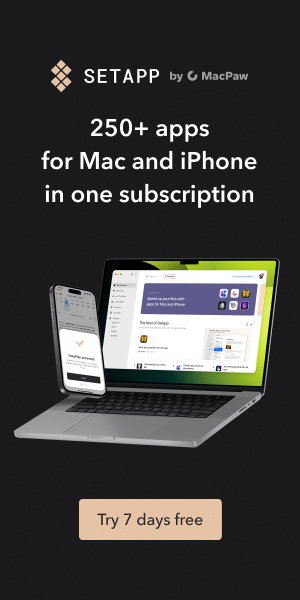I guess the repeated efforts of the various iPhone 3rd Party App Developers related to Jailbreaking and creating applications that run natively on the iPhone have paid off. Steve Jobs has officially announced that Apple will provide an SDK in February 2008. Here is the complete post from Apple’s Hot New site:
Third Party Applications on the iPhone
Let me just say it: We want native third party applications on the iPhone, and we plan to have an SDK in developers’ hands in February. We are excited about creating a vibrant third party developer community around the iPhone and enabling hundreds of new applications for our users. With our revolutionary multi-touch interface, powerful hardware and advanced software architecture, we believe we have created the best mobile platform ever for developers.
It will take until February to release an SDK because we’re trying to do two diametrically opposed things at once—provide an advanced and open platform to developers while at the same time protect iPhone users from viruses, malware, privacy attacks, etc. This is no easy task. Some claim that viruses and malware are not a problem on mobile phones—this is simply not true. There have been serious viruses on other mobile phones already, including some that silently spread from phone to phone over the cell network. As our phones become more powerful, these malicious programs will become more dangerous. And since the iPhone is the most advanced phone ever, it will be a highly visible target.
Some companies are already taking action. Nokia, for example, is not allowing any applications to be loaded onto some of their newest phones unless they have a digital signature that can be traced back to a known developer. While this makes such a phone less than “totally open,†we believe it is a step in the right direction. We are working on an advanced system which will offer developers broad access to natively program the iPhone’s amazing software platform while at the same time protecting users from malicious programs.
We think a few months of patience now will be rewarded by many years of great third party applications running on safe and reliable iPhones.
Steve
P.S.: The SDK will also allow developers to create applications for iPod touch. [Oct 17, 2007]
So there you have it!
What is interesting is the two “opposing” items: 1) Provide advanced and open platform and 2) Protect the iPhone from viruses and malware, as well as “digital signatures”. So, here is my analysis of this announcement:
- SDK is good. It provides the means and methods to producing Applications that work and work properly.
- “Open” Platform. Well, it is somewhat open, in that there will be published means to create applications. However, it will be “open” only as far as to what Apple decides. They obviously want to protect the core system and ensure that any 3rd party applications cannot access and/or damage/change the core system. This also goes with the “unlocking” concept, so they will, most likely, really lock down the modem firmware access.
- Virii/Malware – ok sure. The Mac really doesn’t suffer they way Windows devices does in terms of malware/virii, however, it is understandable that Apple will want to ensure, as I mentioned above, the integrity of the operating system. This will be tricky, in my opinion.
- “Digital Signatures” – This can only mean one thing to me (in combination with the other items), that any and all Applications will have to be reviewed and approved by Apple and then made available to the community through some sort of regulated source. That can only mean that iTunes will be the distribution center for these applications.
I believe that I mentioned this before that iTunes will naturally be the place where 3rd Party apps can be viewed, purchased/downloaded and installed onto the iPhone. It provides a way for Apple to monetize the process as well (where they get a share of the revenue for purchased apps). It also provides an eCommerce engine for 3rd Party Developers. The digital signature will, I would think, be tied into what types of programs can be installed (e.g., if the “signature” – MD5? – is wrong, the application cannot be installed, meaning that the original application has been modified). Would Apple then have to maintain a file that says which programs are valid?
And, what happens to the current method of “Over the Air” application installs and updates? That was convenient, did not rely on iTunes, etc. Perhaps it will be tied into the new iPhone iTunes Mini Store application? Then if you have WiFi, you could potentially browse through 3rd party apps and download/purchase them on your iPhone.
Tmobile did something similar with its partnership with Danger and the Sidekick. There was an SDK developed and there was an Over The Air delivery method. I wonder if Steve and Danger (based in Palo Alto, CA) had some discussions. The two companies are close enough together. And Steve Wozniak is on Danger’s Board of Directors…interesting!
Needless to say, the infrastructure is there and the desire by the end user community is there as well, and potentially create new revenues for both Apple and Developers.
HTD says: Way to go Apple for coming to your senses at last!

